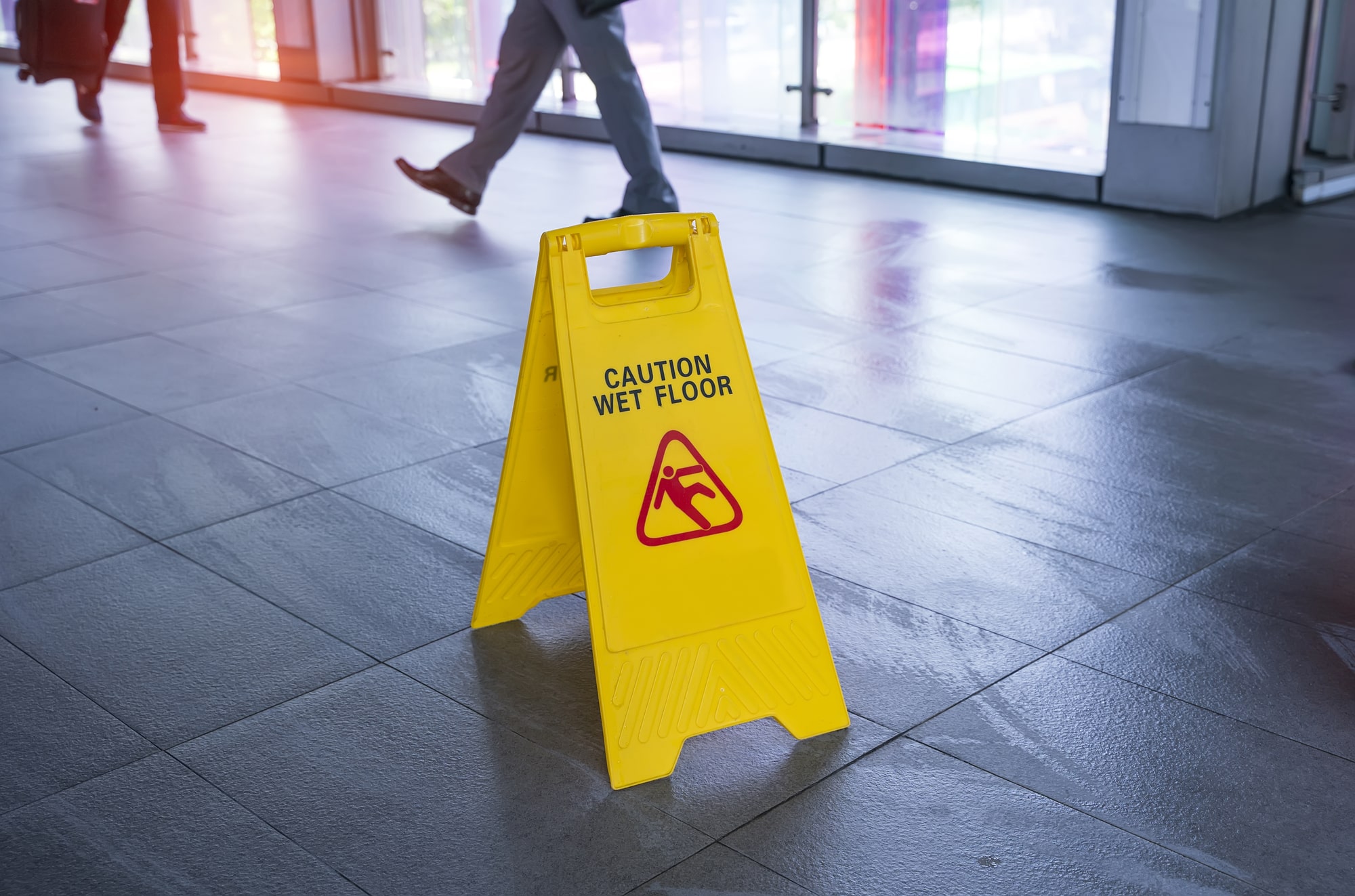Slip And Fall Lawyer
Discovering that your slip and fall claim has been denied by your insurance company can be frustrating and disheartening. However, there are several steps you can take to challenge the denial and potentially seek the compensation you deserve:
- Review the denial letter: Carefully read the denial letter from your insurance company. It should outline the specific reasons for the denial. Understanding their rationale will help you identify any potential issues or gaps in your claim that need to be addressed.
- Gather supporting evidence: Collect all relevant evidence related to your slip and fall incident. This includes photographs or videos of the accident scene, medical records detailing your injuries and treatment, witness statements, incident reports, and any other documentation supporting your claim. This evidence can be crucial in challenging the denial and proving the validity of your case.
- Understand your policy: Familiarize yourself with the terms and coverage of your insurance policy. Look for any clauses, exclusions, or limitations that may be relevant to your claim. It’s essential to have a clear understanding of what your policy covers and whether the denial is justified based on the terms outlined in the policy.
- Consult with a lawyer: Consider seeking legal advice from a lawyer who specializes in slip and fall cases, such as a slip and fall lawyer from a law office like Ted A. Greve & Associates. They can review the details of your claim, assess the denial, and provide guidance on the next steps. A lawyer can help you navigate the legal process, understand your rights, and advocate for your best interests.
- File an appeal: Most insurance companies have an appeal process for denied claims. Follow the instructions provided in the denial letter to initiate the appeal. Prepare a well-documented appeal letter that addresses each reason cited for the denial. Include any additional evidence or information that supports your claim. Be sure to submit the appeal within the designated timeframe specified by your insurance company.
- Seek independent evaluation: If your insurance company denies your claim based on their assessment of the incident or your injuries, consider obtaining an independent evaluation from a trusted medical professional or expert in the field. Their opinion can provide an unbiased assessment of your injuries, treatment, and the impact on your daily life. This evaluation can strengthen your case when challenging the denial.
- Negotiate or pursue legal action: If the appeal is unsuccessful, you may have the option to negotiate a settlement with your insurance company or pursue legal action. Your lawyer can advise you on the best course of action based on the specifics of your case. They will work to protect your rights and seek fair compensation for your injuries through negotiation or litigation, if necessary.
- Document everything: Keep detailed records of all communication with your insurance company, including dates, times, and the individuals involved. Maintain copies of all letters, emails, and documents exchanged throughout the process. This documentation will serve as valuable evidence and help track the progress of your claim.
Remember that each insurance policy and claim is unique, so it’s crucial to consult with a lawyer who can provide personalized advice based on the specific details of your case. They will guide you through the process, help you understand your options, and work to challenge the denial and seek the compensation you deserve. To seek help from such a lawyer, contact your local law office for help.
